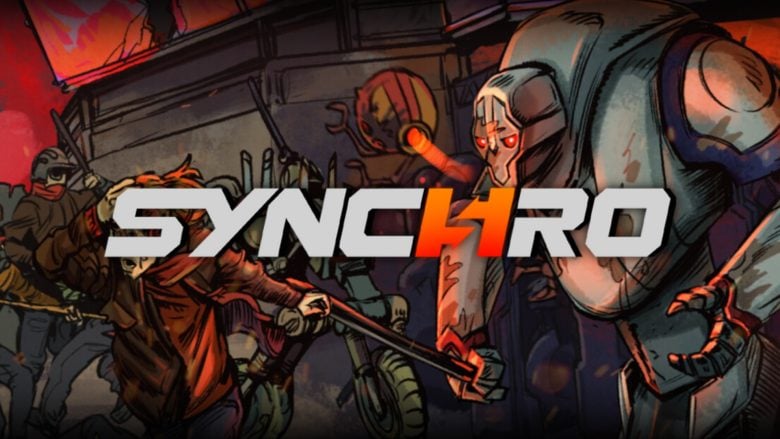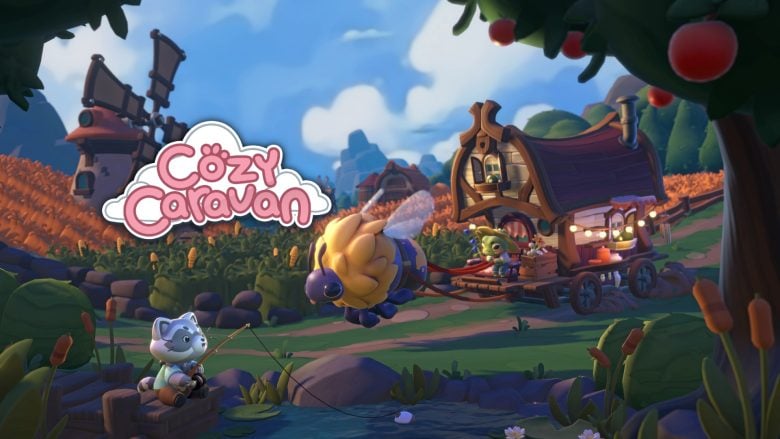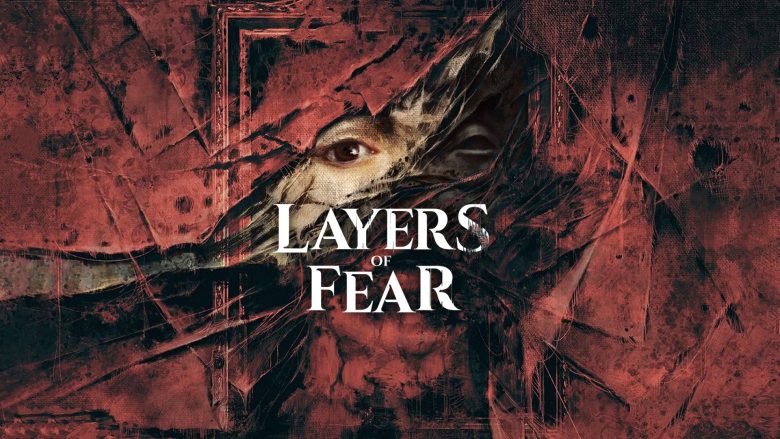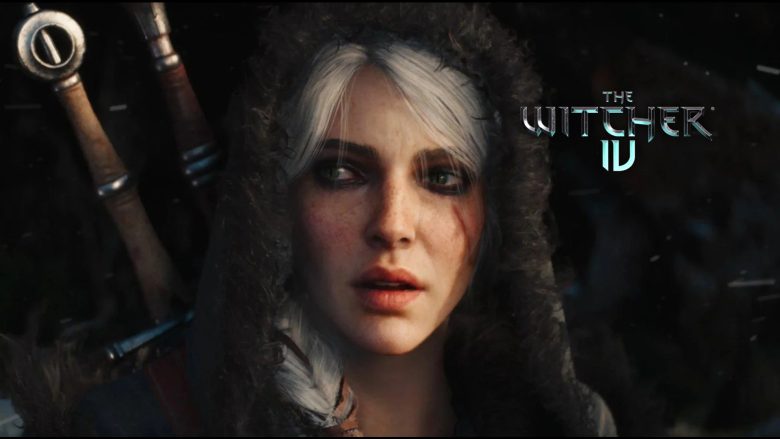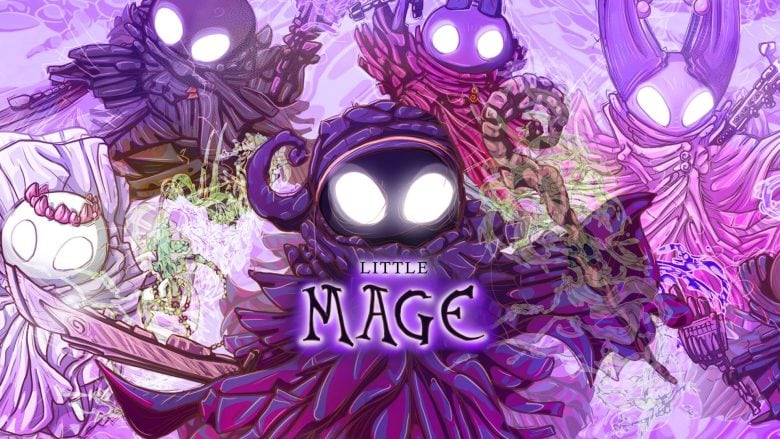A sweet, thrilling, yet profoundly sad first act, amidst melancholy, distrust, and loneliness.

We spent over an hour with Copycat, the immersive and touching story-driven cat-adventure crafted by Spoonful of Wonder (you can find our main coverage at this link), a small independent Australian studio making their debut in the gaming industry. And believe us… we were not prepared; we didn’t anticipate it could touch us so deeply, right from its opening moments.
We found ourselves literally overwhelmed by a surge of conflicting emotions, within a story that is sweet and melancholic, leaving a strong bittersweet aftertaste. You know that feeling when a story is well-told and directed, featuring excellent storytelling and beautiful nuances, but leaves you with a lump in your throat—that temporary sense of sorrow that makes us a bit concerned, sad, and even mournful? That’s how we could sum up our first hour with Copycat.
We are eager to share all the details with you in our preview, and hopefully, by the end credits, you will understand, just like us, why Copycat is not merely a cat game but something much, much more…
This will never, ever be my home
“Home is not about where you live, but where you are needed most.”
If you pay close attention, you’ll notice that we’ve highlighted two distinct meanings of the term “Home,” each in contrast to the other. On one side is the phrase with which we began this section, a recurring state of mind throughout (almost) our entire gaming hour. On the other is a symbolic, emotionally powerful phrase that paradoxically serves as an introduction to Copycat, to our story.
You should know that not all stories start on the right foot; often, difficulties are encountered along the way, barriers that block our path and break our wings. But this, too, is part of the journey, of life. Act 1 of Copycat, with the developers’ permission, is the perfect synthesis of this perspective — an impossible friendship born by chance, born out of a lack of something, as an antidote to loneliness. However, love never arises by chance or mistake; it is only something destined to happen sooner or later. And Samantha Cable, the head of narrative, has skillfully managed to convey this profound message.
Act 1 begins with a first-person perspective, casting us in the role of Olive, an elderly lady visiting the cat shelter to adopt a new furry companion to alleviate her loneliness. Once we reach the cages, we are prompted to make our first choice – to adopt the cat that appeals to us the most from a selection of six. This is a particularly significant choice that not only determines the appearance of our Dawn, which remains unchanged throughout the act, but also provides insights into the unique nature and behavior of each cat.

After making our choice, we’ll sign a release form that forever binds us to Dawn, or at least that’s Olive’s hope, given that the cat has very different plans. Once in the car and on our way home, one thing is immediately clear: Dawn is not happy about her “new” life and observes her new owner with suspicion and wariness.
Upon arriving home, the script remains unchanged; it’s always the same. Dawn refuses to leave her carrier, looks around, despite Olive’s good intentions to make her feel welcome. Olive approaches her, extending a hand to pick her up. At this point, we can actually decide how Dawn will behave—whether to stay quiet or hiss. However, many choices, especially at the beginning, are constrained by Dawn’s grumpy character, so don’t expect opposite choices, but rather similar ones, with actions and consequences only slightly different.


The section inside the cat carrier is quite amusing, and it was intriguing to observe how this part remains in the first person, likely a necessary choice for visual reasons, but also to further immerse us in Dawn’s perspective.
The calm and quiet dynamics of gameplay and the story suddenly change with a strange, deafening, unsettling sound… What could it be? A phone, just a ringing phone, but for Dawn, it’s the most diabolical electronic device ever to exist on the face of the earth. And from here begins a brief action sequence that invites us to run wildly until Dawn takes refuge in the garage, under a shelf, and stays there for a few days, despite Olive’s attempts to make her as comfortable as possible.
From this point, the actual gameplay begins, and the moment this hybrid between first and third person transforms solely into a third-person perspective, allowing us to experience our cat life—exploring the house, stealing food from Olive, breaking various household items, just to grab that steak because… it looked appetizing.


However, Dawn’s real goal is only one: to escape, to leave this life and go back to being a stray cat. Every hour, every passing day, Dawn plans and anticipates her escape. She absolutely does not want to remain in this “prison.” It doesn’t belong to her; she knows how to thrive on her own, as she says, unlike humans, who need companionship.
At this point, you might wonder, what changes and how is this bond forged between the two? It’s more of a gradual process than an immediate one, where a certain awareness is instilled in Dawn, shifting from distrust to trust. The cat’s initial stiffness slowly fades, transforming into gentleness. It’s here that Dawn begins to perceive and understand the needs of her owner, empathizing with Olive and what she has suffered. Her initial indifference toward Olive transforms into concern, worry, care.
We won’t reveal any more details because we believe that the first act is an experience to be lived personally, all in one breath—a true rollercoaster of emotions. This is where you’ll truly grasp the importance of the bond between Dawn and Olive and why Olive’s illness is central to the development and resolution of the first act.


Dreamscape Chronicles: Navigating the Dualism of Copycat
In Copycat, the exploration of dualism between dream and reality achieves unprecedented creative heights. The protagonist, Dawn, frequently envisions herself as a predator, partaking in training sessions within the garden that, to human observers, might seem like innocent play. These dreams, shaped by the cat’s desires and fantasies, introduce a captivating layer to the narrative, inviting players to perceive the world through the lens of a feline with a history of challenges and hardships.
Dawn’s dream journeys represent a fusion of desires and feline imagination. The visuals undergo a transformation to illustrate this fantastical world, allowing players to immerse themselves in the cat’s unique perspectives. This visual shift enriches the dualism theme, providing a more profound understanding of the protagonist’s inner experiences.

Olive’s response to witnessing the cat’s paw movements during dreams infuses a tender nuance into the dualistic narrative. Olive finds amusement and endearment in observing the cat’s dream behavior, evoking a smile from the audience and strengthening the connection between the player, the character, and the story’s central theme.
The remarkable graphic and chromatic transition between reality and dream ensures a distinct visual separation. Instances such as the cat’s dreamy run contribute a sense of lightness, fostering an empathetic link between the player and the enchanting world of Copycat.
Customization in Copycat
Although the adorable feline protagonist doesn’t allow for direct customizations, the exciting adoption phase provides players with a broad selection of cats, each characterized by a variety of colors and distinctive features. The introduction of a charming collar, with various color options and pendants, further enhances the personalization of the narrative, allowing players to express their aesthetic preferences through unique and captivating choices.

Some considerations on the technical and artistic aspects
Despite being a small 3-person team, Spoonful of Wonder has showcased excellent work on both the artistic and technical aspects of the title, revealing numerous strengths and very few imperfections.
The artistic side, led by Kostia Liakhov, appeared commendable right from the start. As we progressed, we couldn’t help but confirm our initial positive impressions. Kostia has done an outstanding job on both the interiors of the house and the outdoor environments. The excellent lighting system and beautiful play of colors, especially at sunset, showcase the full beauty and nuances of the setting.
Despite a few very minor bugs (even quite amusing, to be honest), such as an instance where Dawn appeared to float instead of walk, the technical sector has met our expectations. Our only suggestion for the developers is to pay even more attention to some small imperfections in the features of the cat’s face that we observed, such as Dawn’s whiskers not always aligning perfectly with her facial movements.
OST, voice acting, and localization
In the same vein as the other main components of the title, the Spoonful of Wonder team has done an excellent job on the sound design, demonstrating a keen and effective approach to audio. This underscores how sound is a crucial factor in generating and conveying the right atmosphere, directly connecting with players’ emotions.
The preview’s OST lived up to the standard set by other components, featuring atmospheric, catchy, and very pleasant tracks that gracefully accompanied us throughout our mini-adventure. One aspect we particularly appreciated about the soundtrack is the sonic dualism created between the real world and the dreamlike one, between domestic Dawn and her predatory alter ego. On one side, there are more relaxing and soft tracks typical of the real world, and on the other, more tropical and exotic tunes, as if the cat imagines herself as a Savanna predator. This contributes significantly to immersing players and fostering a strong connection with the unfolding narrative.


The English localization is excellent, and it will be available in the final version of Copycat for both the interface and subtitles in a total of 11 languages (English, Ukrainian, German, Japanese, Korean, Simplified Chinese, Spanish, Portuguese, Russian, Traditional Chinese, and Polish).
We confirm the positive impressions we had beforehand about the voice acting. Despite the small size of the development team, it managed to pleasantly surprise us, demonstrating good craftsmanship both in terms of sound and the performers’ interpretation. This is particularly evident in the portrayal of Olive, Dawn’s owner, which is a testament to the excellent work done by the Massive Music Sidney studios, who coordinated the entire process alongside Spoonful of Wonder.
Conclusions
In conclusion, while Copycat confronts challenges inherent in its status as an indie game with limited resources—most notably, the issues surrounding the non-optimized third-person camera and occasional control difficulties—there’s room for improvement. Enhancements in command customization, particularly for the camera, would empower users to tailor their gaming experience. Despite some less-than-smooth movements, notably during the cat’s jumps, and visible collisions, it’s crucial to commend the substantial effort invested, given the constrained budget typical of indie games.
Recognizing the potential for further optimizations, Copycat holds the promise of transcending these minor flaws, ultimately delivering a more immersive and captivating gaming experience.



